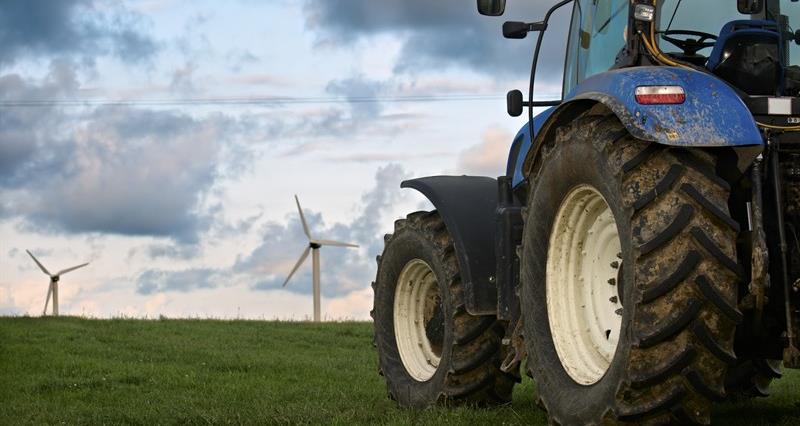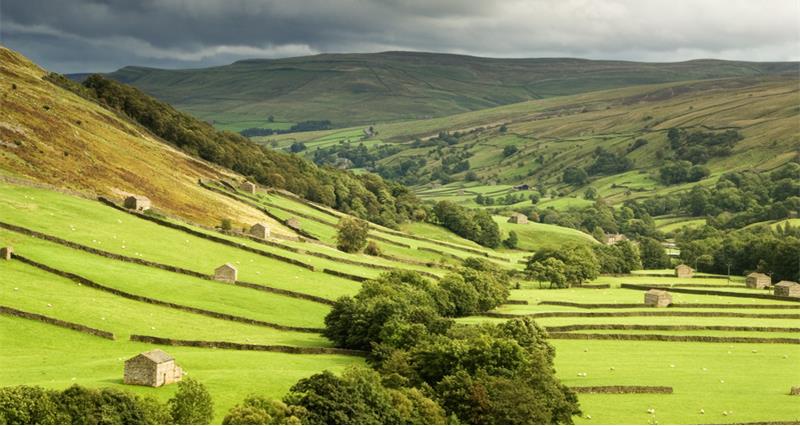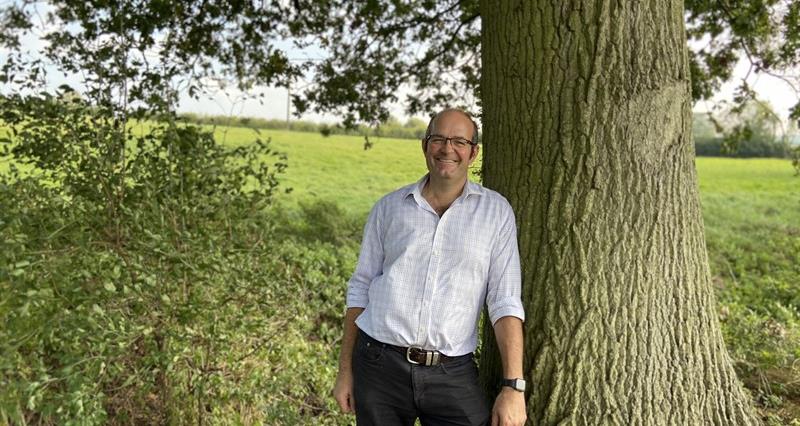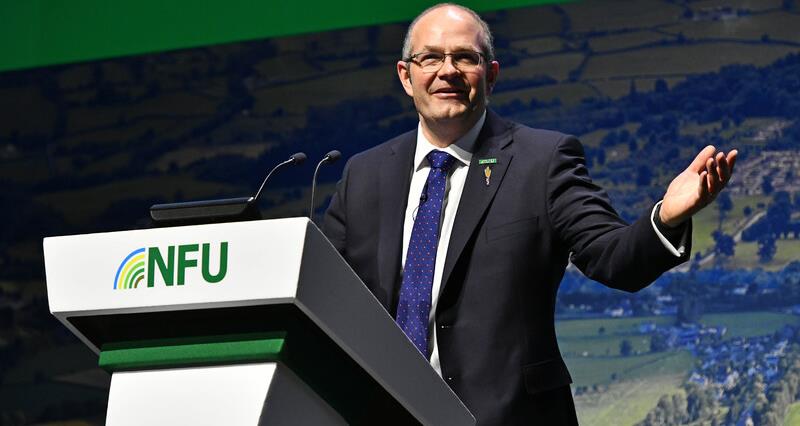Key amongst the details published as part of these announcements are:
- ŌĆō sets out how the government will deliver on energy security and net zero goals in three volumes
- the GovernmentŌĆÖs
- the Government Response to
The update to the 2021 Net Zero strategy has come in response to the legal challenge presented by the High Court that the governmentŌĆÖs Net Zero strategy was deemed to be ŌĆśinadequate.ŌĆÖ ŌĆśPowering up BritainŌĆÖ incorporates the governmentŌĆÖs announcement last year on their , published in response to rising gas prices and the war in Ukraine.
WhatŌĆÖs new for farmers?
Defra has published a ŌĆ£for scaling up private investment in nature recovery and sustainable farmingŌĆØ. The Framework aims to develop the growth of nature markets to give farmers greater opportunity to access private sector funding.
Included in this framework, is a commitment to develop a for measuring on farm emissions. The government will also set out by 2024 how farmers will be supported to measure and reduce their GHG (Greenhouse Gas) emissions.
NFU Deputy President Tom Bradshaw welcomed the new approach: ŌĆ£We have been asking Defra for support with harmonised on-farm greenhouse gas auditing and data gathering for some time, so this announcement is a positive step towards British farmers reaching our net zero by 2040 ambition.
ŌĆ£We look forward to working with Defra on the details of how farmers and growers will be supported to measure and reduce their emissions,ŌĆØ he concluded.
Other details covered a call for evidence on eliminating biodegradable waste being sent to landfill by 2028 and an estimation that ŌĆśhigh efficacyŌĆÖ methane inhibiting feed additives will be on the market from 2025. There was also a recognition that the dairy sector increased milk production between 2000 and 2020 with 21% fewer cows and 12% less GHG emissions.
ŌĆ£This announcement is a positive step towards British farmers reaching our net zero by 2040 ambition."
NFU Deputy President Tom Bradshaw
ŌĆśPowering up BritainŌĆÖ at a glance
The new net zero strategy has number of overall aims including:
- a potential doubling of BritainŌĆÖs electricity generation capacity by the late 2030s.
- moving existing ŌĆ£green leviesŌĆØ on electricity bills over to gas pricing so as not to penalise households and businesses for using increasingly-decarbonised electricity instead of gas for
heating - exploration of the potential for innovative electricity imports
On renewable energy, the government plans to establish an industry taskforce which will publish a 2024 roadmap on how to grow solar power to five time its current capacity by 2035. There will be no changes to agricultural land classification that might constrain solar farm deployment.
╗╩╝ę╗¬╚╦also welcomed promises to speed up the planning process for new renewable energy developments but reiterates its message that parallel reforms to the grid connection process are equally important.
Lack of clarity
╗╩╝ę╗¬╚╦remains concerned around the lack of clarity on bioenergy and greenhouse gas removal, key elements of our own 2040 net zero ambition.
The NFU's net zero team will continue to work through the documents published by government and their implications.╠²
╠²




